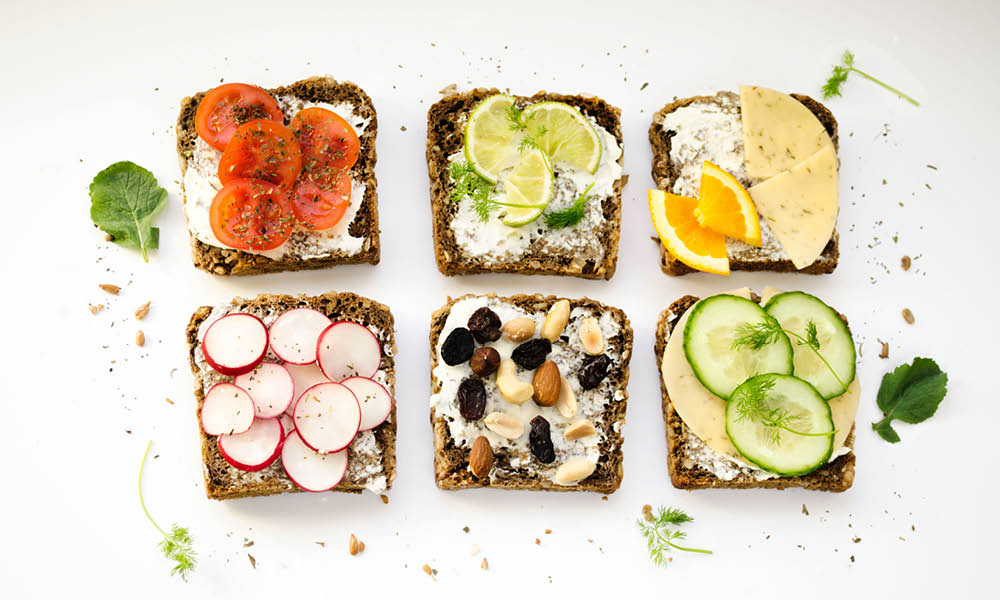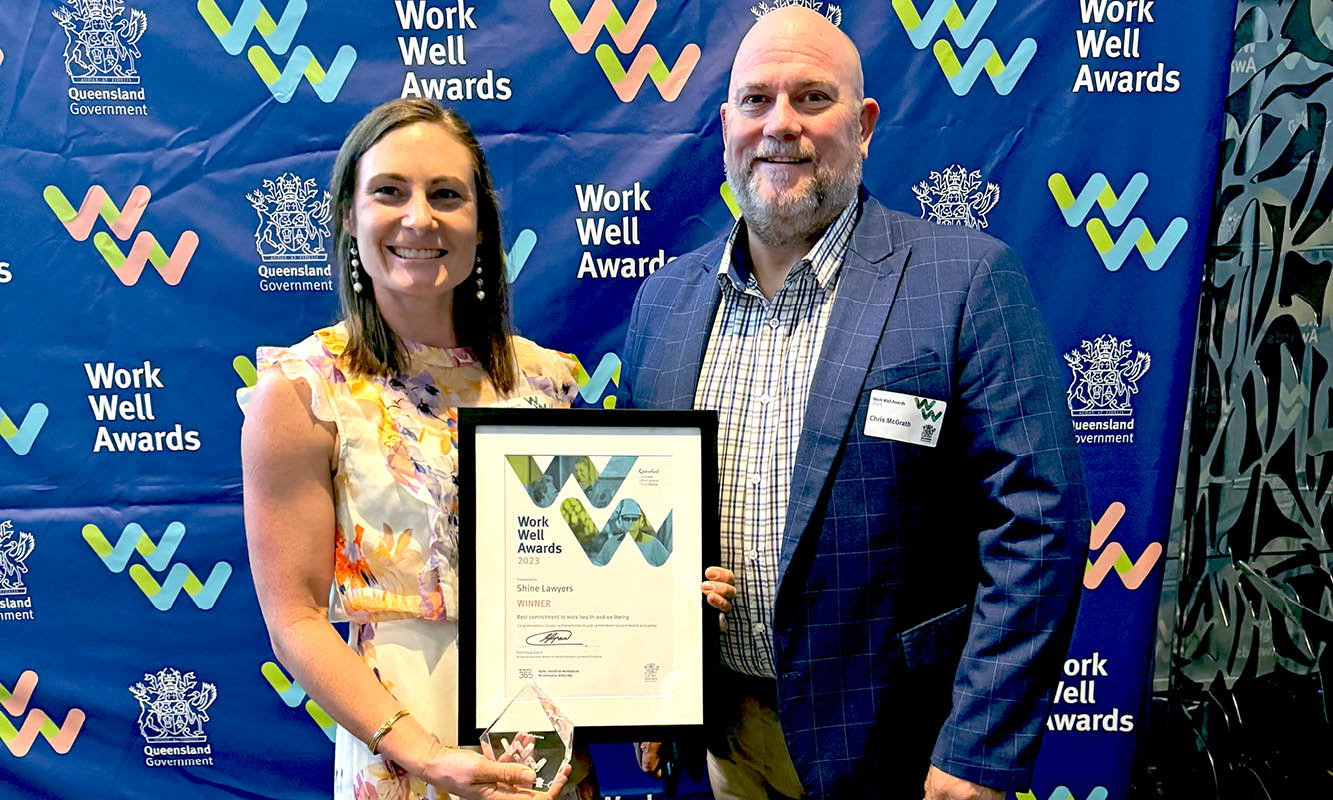Dietician Hannah Wilson is passionate about fuelling our bodies with quality nutrition and you should be too! When you are blowing through mammoth legal caseloads, you want to make sure your workouts count. But what should you be fuelling your body with to get you through those long days and training sessions? A little awareness goes a long way.
We’ve all felt that mid-day brain fog or that pang of hunger as the clock strikes five. You might reach for the closest thing to you, a bag of chips or a carb source to fuel your afternoon workout. We’ve heard of athletes eating a bowl of pasta before a big game, surely the same applies to your weekly spin class? However you move your body or spend your 9-to-5s, you are doing yourself (and potentially your clients, colleagues and loved ones) a disservice by ignoring the importance of nutrition and its impact on your work and physical activity performance.
The science behind energy sources
To get to the heart of optimizing our nutrition, we need to dive into fuel sources and energy systems within the body. Energy systems are metabolic pathways that your body uses to convert fuels from foods (fats, carbs & amino acids) into energy. Your body will draw upon different fuels and energy systems for different types of activity based on the demands of the training session or working day.
But all fuels aren’t equal. Your body is most efficient at using carbohydrates as a fuel source, meaning that you tend to be able to maintain higher intensities for a longer duration (training or working harder for longer). When carbohydrates are digested, they are stored in muscles and in the liver in the form of glycogen. Your body draws on these stores during exercise to fuel your work and exercise sessions.
The takeaway
Know that you have a long work day ahead, a netball game or a long gym session? Ensure you are eating enough protein and carbs throughout the day to ensure you feel satiated and energized throughout the day. Ensure that you are consuming high quality carbohydrates, encouraging your body to digest slowly, maintaining your energy levels for the long haul.
What about fats as your energy source?
Quality fat sources – think almond butter, avocado, olive oil, nuts and seeds – can also be consumed throughout the day for energy, however, our body reacts to fat a bit differently than carbs. Fats are stored as triglycerides predominantly in adipose tissue (fat cells) and some in your muscles. Your body can store greater amounts of energy in the form of fats because they are more ‘energy dense’.
The catch however, is that your body isn’t as efficient at converting stored fats into energy to be used in training.
There are 2 reasons why:
1. Rate
The rate at which your body can produce energy varies significantly between energy systems. Processes that use carbs as the major fuel source such as glycolysis, glycogen breakdown oxidation and blood glucose oxidation can produce energy much faster than fat oxidation or amino acid (protein) oxidation.
The takeaway
If you’re about to do a sprint (requiring large amounts of energy to be produced quickly) your body would struggle to produce that energy fast enough if it was only fueled by fats. This is the same for those long work days that seep into the night (make sure these are occasional to avoid burnout). If you plowing through case file after casefile and maintaining a low carb or no carb diet, you may find your energy spiking and then crashing.

2. Efficiency
‘Efficiency’ refers to how much oxygen is required to produce the equivalent amount of energy. To produce the same amount of energy from fats as opposed to carbs will require about 5-6% more oxygen – much less efficient!
The takeaway
With fat consumption as an energy source, your heart will need to work that much harder to get the oxygen to your working muscles and so you are likely to fatigue earlier. Need a boost for closing arguments? Have a handful of nuts and seeds for a quick and nutritious boost of energy. Pulling a late night? You might want to reach for some wholegrain toast, oats, or mashed sweet potato. This is where your fueling becomes highly individualized.
Not every case is the same
We know this from our legal work. Every client is different, with each their own set of needs. The same needs to be applied to your individualized nutrition plan. Adjust your nutrition your specific needs at the time.
In terms of training and ensuring we get the most out of our physical activities, consider whether your training elevates the heart rate with repeated efforts of higher intensity work or sustained moderate work. If this is the case, you’ll likely benefit from fueling the session with carbohydrates.
Ensuring you have adequate carbs in the tank may not look like a banana directly before the session (although this can be helpful!), it is more likely ensuring your diet contains adequate carbs across the day.
Some things to consider when determining how and when to fuel your sessions:
- Session duration
- Session intensity
- Session type
- Your body size and muscle mass
- Your training age/fitness level
- Heat or altitude
- Your body composition or weight goals
- Your training and fitness goals
The solution
So yes, I would say that most people would benefit more from fueling their sessions and busy workdays with carbohydrates in the tank, however, as with anything in nutrition, it’s not black and white.
For some more guidelines on the specifics of pre-training fuel have a read of our blog post ‘Nutrition for sports performance Part 1‘.
Hannah Wilson is an Accredited Practising Dietitian and Nutritionist directing her own private practice, All Bodies Services in East Brisbane and online. She is passionate about working with her clients to assist them in understanding the relationship between our feelings, thoughts and behaviours around food. To book in a consultation, contact Hannah@allbodiesservices.com.au.














Share this article